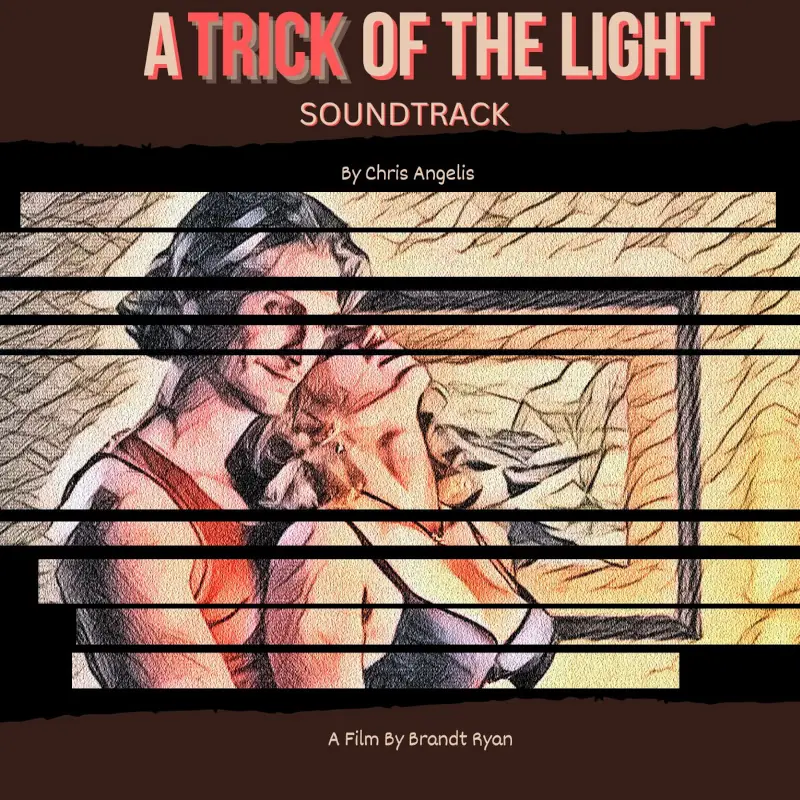A Trick of the Light is a short film by Brandt Ryan – based on a short story by Pinckney Benedict that first appeared in the Zootrope literary magazine. If the name is familiar, you’ve also read my review of his play Restitution. If the name of the film itself rings a bell, perhaps you’ve noticed it on my Bandcamp page. You see – and this should also serve as a disclaimer of sorts, though it hasn’t affected this review – I’ve composed the score for the film. I’ve also had many interesting conversations with Brandt about art, creativity, films, and the Gothic.
Speaking of, you might have noticed “Gothic” is one of the tags accompanying this post. Is A Trick of the Light a Gothic film? There isn’t a yes/no answer to this (which, funnily enough, would be a heck of a Gothic marker if you asked me as a Gothic fiction specialist), but I’ll come back with the long answer in a moment.
You might also recall there is (at the time I’m writing this) one more film review on Home for Fiction: Robert Eggers’s The Lighthouse, which is as Gothic as it can be. Plenty of coincidences – another Gothic markerPerhaps I’m being a bit hasty calling coincidences a Gothic marker, but there is an undeniable connection between the Gothic and what Bakhtin called “adventuristic time”. If you’re interested in the topic, also see my post on coincidences in Frankenstein.! Let’s take a closer look to see why A Trick of the Light is a genuinely intriguing, affectively impactful short film.


